9
As a student, I know how hard it is to write a lot of articles and other schoolwork that meets all the requirements and is of high quality. It’s possible that doing research, writing, editing, and reviewing will take up too much time, leaving little time for other tasks. Academic writing has changed a lot because of AI writing tools that save us time and work.
Much like many other students, AI writing tools have freed me up to focus on other schoolwork while someone else writes. These program use complicated algorithms to look at what you type in and quickly turn out finished, well-researched work. Some need your help, but others can do it on their own. These AI writing tools are great because they can make your writing sound unique.
You can use a tool to come up with ideas, organise your points, and improve your grammar and style. But it might be hard to pick a reliable choice from all the available ones, especially if you’re in a hurry. I’ve used a few different AI writing tools, so I know how they work and how important it is to choose the right one for your needs. Choose based on how easy it is to use, how accurate it is, how customisable it is, and the price. Glad I looked at some of the best AI writing tools for you, because you wouldn’t have to.
Best Academic Writing Tools Comparison Table
Writing is hard for many students because they have to do a lot of study. On the plus side, though, there is a lot of tools out there that makes academic writing easy. With the tools we have now, all you have to do is gather your thoughts. The software will do the rest.
| Feature | Microsoft Word 📄 | Google Docs 🌐 | Rytr 🤖 | Grammarly ✍️ | Writesonic 🚀 |
|---|---|---|---|---|---|
| Platform Type | Standalone & Cloud | Cloud-based | AI Writing Assistant | Writing Assistant | AI Writing Assistant |
| Primary Use | Document creation & editing | Document creation & editing | AI-generated content | Grammar & style checking | AI-generated content |
| Real-Time Collaboration | Yes, with Office 365 | Yes | No | Yes, with limitations | No |
| Templates | Extensive | Moderate | Yes, focused on specific writing tasks | No | Yes, focused on marketing and content creation |
| Offline Access | Yes | Yes, with setup | No | Limited | No |
| Grammar & Style Checking | Basic, advanced with add-ons | Basic, can add Grammarly | Basic | Advanced | Basic, integrates with Grammarly for advanced checking |
| AI Writing Assistance | Limited, with add-ons | Limited, with add-ons | Extensive | Limited, focus on corrections | Extensive |
Best Academic Writing Tools
Writing is hard for almost everyone. It can be even harder to write well in academic writing because you have to keep track of sections, study, flow, and correct grammar. You also have to choose whether to use MLA or APA format for your academic work and learn how to do so. Some things, like research papers, can take hours or days to get just right, so you might need help writing your research paper.
Microsoft Word
| Feature | Description |
|---|---|
| Document Creation | Robust tools for text documents, including formatting, styles, and templates. |
| Collaboration | Real-time co-authoring, comments, and track changes. |
| Integration | Seamless integration with other Microsoft Office applications. |
| Accessibility | Features to help make content accessible to people with disabilities. |
| Offline Access | Ability to work on documents offline. |
| Visit Website |
The best choice is still Microsoft Word. As if it were an old friend, its interface makes it easy to create and update documents. Word is one of the best word processors because it has powerful formatting tools and an easy-to-use interface. It can be used to write everything from business reports to personal essays and letters.
The Good
- Widely used and accepted format
- Comprehensive set of writing and editing tools
- Strong compatibility with other Microsoft products
- High level of customizability
The Bad
- Can be complex for new users
- Requires a license or subscription
Google Docs

| Feature | Description |
|---|---|
| Cloud-based | Documents are stored online and accessible from anywhere. |
| Collaboration | Real-time editing, commenting, and collaboration features. |
| Templates | Variety of pre-made templates for various document types. |
| Compatibility | Supports importing and exporting documents in various formats. |
| Add-ons | Extensible with various add-ons for additional functionality. |
Google Docs makes it easier for people to work together because it works with so many other Google products. Picture this: Your coworkers are working on the same paper at the same time, even though they are in different places. It’s like having a virtual planning session, which makes people more creative and productive than ever.
The Good
- Free to use with a Google account
- Excellent collaboration features
- Easy to use and intuitive interface
- Regularly updated with new features
The Bad
- Less advanced formatting and customization options compared to desktop software
- Privacy concerns for sensitive documents
Rytr
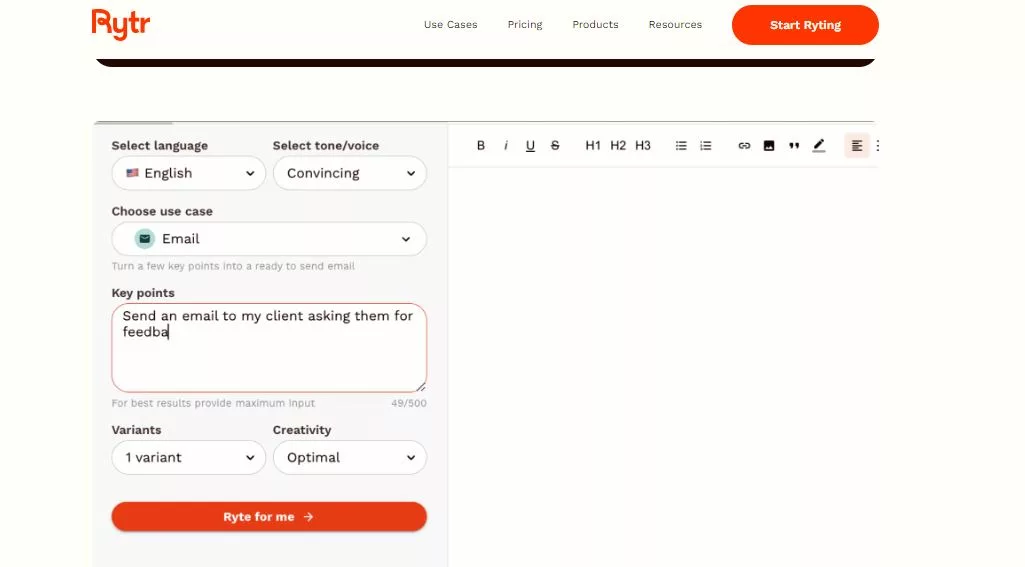
| Feature | Description |
|---|---|
| AI Writing | Generates text based on prompts and context. |
| Templates | Predefined templates for different types of content. |
| Language Support | Supports multiple languages for content generation. |
| Tone Customization | Ability to set the tone for the generated content. |
| Plagiarism Check | Ensures the uniqueness of content with plagiarism checks. |
Rytr could be the big thing you’ve been waiting for. This writing assistant driven by AI is like having a personal brainstorming buddy right at your fingertips. Rytr is with you every step of the way, from coming up with ideas for content to writing full drafts. It might need some tweaking to fit your style, but the time you’ll save and the ideas you’ll get are well worth it.
The Good
- Generates content quickly
- Variety of use cases from emails to blog posts
- Customizable tone and style
- Can help overcome writer’s block
The Bad
- Generated content may require editing
- Can struggle with complex topics
Grammarly

| Feature | Description |
|---|---|
| Grammar Checker | Advanced grammar, punctuation, and spelling correction. |
| Clarity Focus | Suggestions to improve sentence clarity and readability. |
| Tone Detection | Analyzes the tone of the writing to ensure it matches intent. |
| Plagiarism Detector | Checks text against web pages to prevent plagiarism. |
| Writing Style Guides | Customizable guides for consistent writing across teams. |
Grammarly is the tool I use most often to make sure that my work is clear and correct. I’m someone who tries to write skilled writing. It takes my writing from good to great by checking for grammar mistakes, suggesting styles, and making sure it’s clear. This lets me share my ideas in a professional and effective way.
The Good
- Comprehensive writing assistance
- Real-time correction and suggestions
- Integrates with many platforms and devices
- Useful for both native and non-native English speakers
The Bad
- Can be overly aggressive with suggestions
- Sometimes misses context or nuances in text
Writesonic

| Feature | Description |
|---|---|
| AI Article Writer | Generates complete articles based on prompts. |
| Marketing Copy | Tools specifically for generating marketing material. |
| Product Descriptions | Automated creation of compelling product descriptions. |
| Language Support | Supports creating content in various languages. |
| SEO Optimization | Features to help optimize content for search engines. |
When it comes to artificial intelligence writing platforms, there is also Writesonic, which is a hidden treasure. Should you find yourself in need of long-form material, whether it be blog posts, essays, or landing pages, Writesonic is capable of meeting your requirements. Because of its capabilities, which are powered by artificial intelligence, it can produce material at a breakneck speed, saving you both time and energy.
The Good
- Versatile tool for various content types
- Saves time on content creation
- Supports multiple languages
- SEO features to enhance online visibility
The Bad
- Content may require significant editing
- Creativity might be limited compared to a human writer
- Learning curve to use effectively
Criteria for Selecting the Best Academic Writing Tools
The best academic writing tools must meet numerous criteria to meet academic writers’ and researchers’ needs. Some important criteria:
- Word Processing Features: Look for tools that allow you to input equations, symbols, and special characters used in academic writing, structure your text with styles, headings, and lists, and spell- and grammar-check.
- Reference Management: Choose solutions with built-in citation management or seamless connection with reference management software. Academic writing requires the ability to effortlessly incorporate APA, MLA, and Chicago citations and generate bibliographies or reference lists.
- Collaboration and Sharing: Consider tools for co-authors, mentors, and research partners. Consider real-time editing, comments, track changes, version history, and secure document sharing with collaborators.
- Academic writing often requires substantial study. Look for solutions that incorporate academic databases, library catalogues, internet repositories, and research organisation, annotation, and citation functions.
- Note-taking and Organisation: Choose tools with note-taking, outline, and draft features. The ability to tag notes, attach files or links, and organise content hierarchically can expedite writing and keep track of ideas and sources.
- Accessibility and Cross-Platform Compatibility: Make writing tools accessible on desktops, laptops, tablets, smartphones, and operating systems: Windows, macOS, iOS, Android. This gives you flexibility to write academically from anywhere.
- Customisation Options: Find tools that let you customise your writing environment. To boost efficiency, this may feature customisable templates, keyboard shortcuts, themes, and layouts.
- Export and Publishing Formats: Writers should be able to export documents in DOCX and PDF formats and comply with academic publishing standards.
- Make sure writing tools prioritise security and privacy, especially when working with sensitive research data. Check for encryption, safe cloud storage, two-factor authentication, and data security compliance.
- The writing tool should offer an easy-to-use interface and experience. It should be easy to use and organised by features and functions to boost productivity and reduce learning curve.
- Cost and Licencing: Consider whether writing tools provide free versions, subscriptions, or one-time expenditures. Compare the tools’ value to their cost and budget.
Questions and Answers
What tool should you use in academic writing?
Zotero, Mendeley, EndNote, and RefWorks are some of the most well-known tools for citing and noting sources. You can store, organise, and keep track of your sources with these tools. They can also instantly make citations and bibliographies for you.
What is the best AI writing tool for academic writing?
This is an AI-powered writing helper called QuillBot. It can paraphrase and summarise texts, translate them, and make citations for you. QuillBot is a great tool for paraphrase that I think content marketers will especially like.
What software is used in academic writing?
Any academic writer needs word processors like Microsoft Word and Google Docs. Also, reference management programmes like Zotero and Mendeley can help you keep track of your sources. Lastly, there are a lot of tools that can help you with your writing and give you helpful comments on things like grammar and style.
You Might Be Interested In

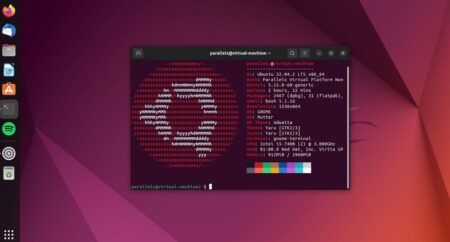
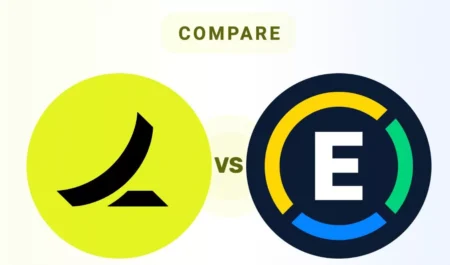




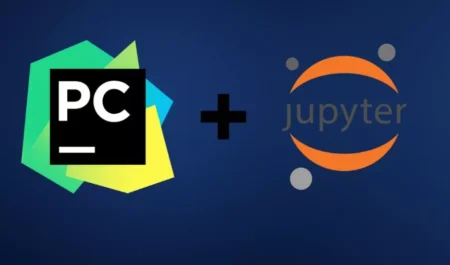
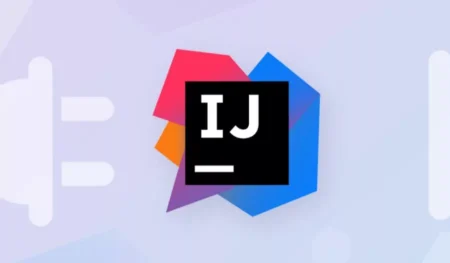

Leave a Reply